Perhaps we didn’t think this through. We were young American newlyweds, with a penchant to find and overcome new challenges. I always thought there were two types of foreign families who live abroad: those with formerly established life-long careers, and those who are comfortable with a very nomadic and minimalist set of possessions. We turned out to be neither, but that’s OK.
But who are we? We’re Monica Cymerman and Benji Kostenbader, two linguists and educators who teach and manage new programs at the Seongdong-gu Global Experience Center in Seoul, South Korea. And you can too!
Our Story
We met as seniors at the Pennsylvania State University and proceeded forth on one-year ambitious plans. Ben was accepted to University of Oxford for a Master of Studies in Classical Semitic Linguistics, and Monica taught English in Madrid, Spain (where she improved on her Spanish fluency). After the test of a one-year long distance relationship, we decided our relationship was a high priority. We moved home to Pennsylvania in hopes of finding jobs that were at least a little bit closer together.
We were married by 2014 and working in technology in neighboring suburbs of Philadelphia. While our relationship was strong, our job life left something to be desired. The millennial urge to ‘make an impact’ was missing. We felt like we were treading water. We missed being around people who were different from us, who challenged us to be better. We started to look for a change.
We don’t do little things. We determined that there were two areas of the world with which we were entirely unfamiliar. If we were to improve ourselves, perhaps global experience would enhance our already growing international credentials. Choosing where to move became our after-work obsession. We had narrowed things down to South America and Asia, but both continents contained a variety of options. Oddly enough, Ben heard that a distant acquaintance from Israel was considering the same move and had chosen South Korea. We asked her for advice and heard many promising details.
Teaching English in Korea is straightforward. Once you receive your TEFL or TESOL certifications, a recruiting company can match you to a local job and provide benefits (insurance, airfare, housing, settlement allowance, etc.) to make your life even more comfortable than it was in your home country. Trusting that company with your job, house, and life can be difficult. Monica did a lot of research and eventually found Korvia.
Korvia is the best, and we’re not saying this just because this journal is to be published on their website. They are an award-winning service which has been contracted by numerous government organizations to provide recruiting service in many different places in South Korea. We chose to entrust them with our life change, initially planning to apply for their Seoul Metropolitan Office of Education [SMOE] programs in downtown Seoul, and the Gyeonggi-do English Program in Korea [GEPiK] for the surrounding cities.
Korvia in turn recommended that we apply for a very specialized government program in Seongdong-gu, a thriving education-focused member of the twelve districts (gu) of Seoul. The job would not be in a normal school, instead we would host a sort of homestay for 8-12 students at a time in a special house. We shared a cozy 2-bedroom apartment in the top floor, while the students and support staff lived and worked (respectively) in the bottom two floors. This was perfect for us. It gave us the opportunity to share a cultural exchange with every person we met. We could teach English and practice its use while learning and explaining cultural differences between USA and Korea.
First Impressions
Seoul is an idyllic and unlikely location for first-time teachers. It is like winning the lottery, and we were not quite aware of the additional benefits before we arrived. Top international restaurants, medical centers, and communities are all very conveniently located nearby, usually less than 30 minutes by public transportation. Korean cultural landmarks are also abundant, and natural features such as Seoul Forest, the Han River, and Namsan (a small but famous central mountain) are all next door.
Our job and our employer were also excellent. The first few months of such a dramatic move are a difficult time. So much depended on our success as teachers, our abilities to adapt to Korean culture, and our comfort and safety in the city. We equate it to becoming a baby again: you need to re-learn everything from eating to talking to navigation. Sometimes menial tasks seemed insurmountable. But Korvia and our coworkers were dedicated to making us feel welcome and treating us like a family.
A Growing Family
Eventually, we came to think of our Global Experience Program as family itself. And as a happy family is wont to do, we chose to increase in size by one more. Our son was born in Korea, at a Korean hospital, and he has more Korean aunts and uncles than he can count. He has a Korean nanny (whom he calls 할머니 – Korean for ‘grandmother’). He goes to a Korean public school. He speaks Korean better than we do. Each of these was itself a challenging quest. But Korea is a very hospitable place, and the district considers us family. People are happy and willing to help, and we often see friends, former students, and their parents among the 200,000+ residents.
Having a son in Korea was like winning the lottery a second time. Healthcare, childcare, and education are fantastic. Moreover, our goal was to gain international experience. Starting a new job and living in a new place is one thing, but making a family is certainly the biggest and most complicated project we have undertaken. It has brought Korea from an unknown to a two-year vacation to our home.
The positive PR from our program also spurred investment. We started as one little English House, but we now span three full-time Experience Centers. As Head Teachers, we are responsible for program development and consulted on new training and hiring procedures. The unique parts of our program have been recognized many times by the national Korean press, and we received various awards and titles, including 모범 외국인 (Distinguished Foreigner) and 서울 명예시민(Honorary Citizen of Seoul).
What’s Next?
A commonly held belief is that teaching English abroad is not a career. After a few years abroad, you return to your previously scheduled life. It’s like an all-expense paid vacation. Our life constantly proves that this is not true. Besides our obvious desire to stay and grow our GEC program, there is potential for a lifetime career with the skills we’ve learned over the last four years.
We are now successful and experienced English teachers. We are comfortable managing large numbers of students of all ages, and we have curriculum development experience. Many people use their free time to study and expand their education experience, by either passing US teacher certification courses or gaining a master’s degree in TESOL. They go on to apply for education positions in USA or become university instructors abroad.
We now have administrative experience with hiring and training other teaching staff. South Korea has a booming demand for after-school tutoring and classes, and some people start their own small businesses with the teaching experience they have. A small number of new Hagwons (academies) are owned and operated by former foreign English teachers. It’s an open community with many abundant resources.
We have the international experience that we always wanted. Korean culture is unique, and our constantly expanding network of friends and colleagues gives us a very specific set of skills. Korean companies want employees from different backgrounds. International companies want people with a proper understanding of Asian corporate culture.
But most importantly, we are now comfortable to live and work in Korea. Though many English teachers arrive on a one-year working E2 visa, we have gained the experience necessary to live here for a while. By our fifth year we can apply for an F-2 99 visa, a visa which gives us permanent resident status and a view toward permanent life here.
Though we knew so little at the beginning, Korea has forever imprinted itself on our hearts and become our second home. We are not nomads or expats, we are immigrants and ‘citizens’, and with that comes a certain pride and responsibility. Our happy memories, our current life, and our family’s future are all rosy with expectation. And, really, all of that is because of Korvia.
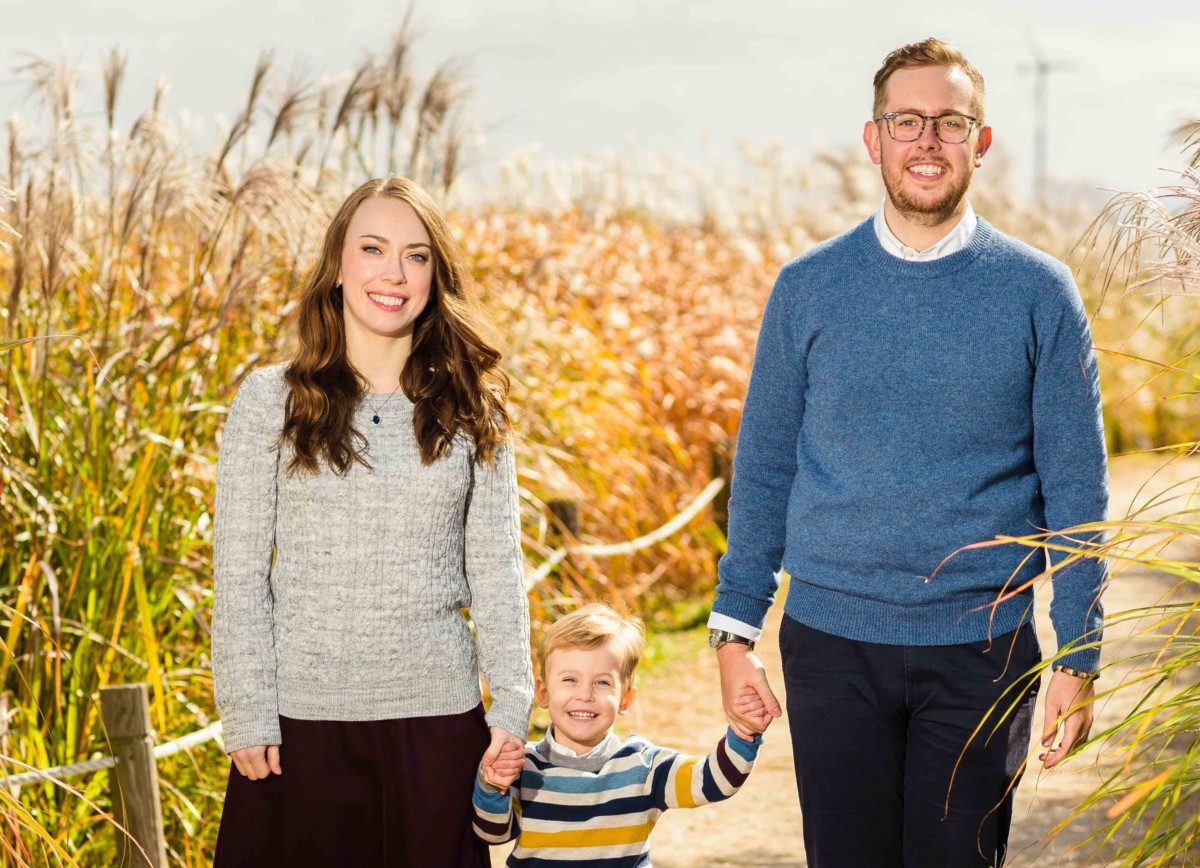
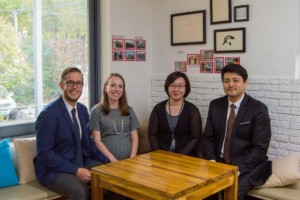
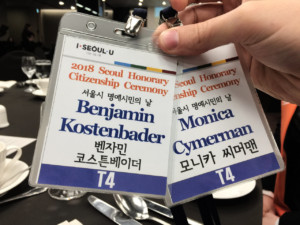
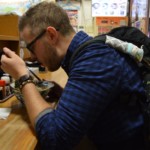

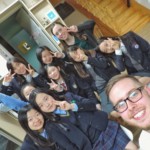
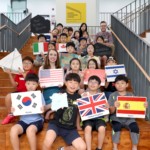
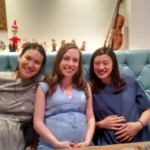
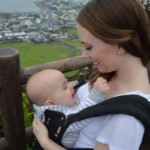

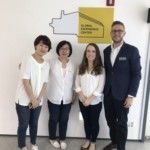
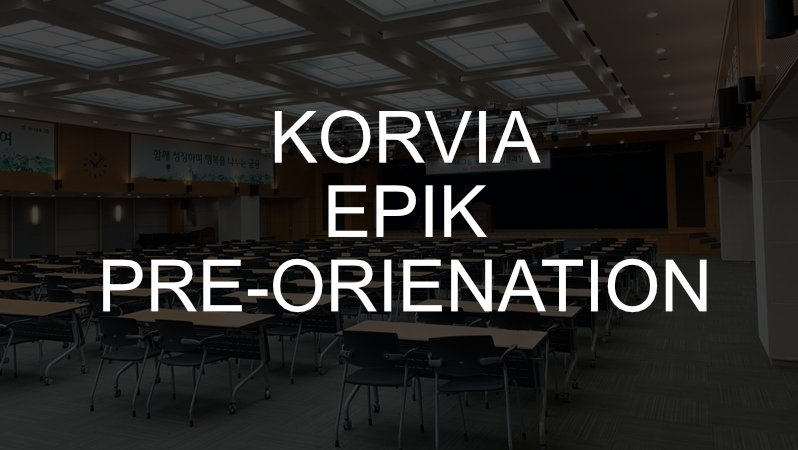
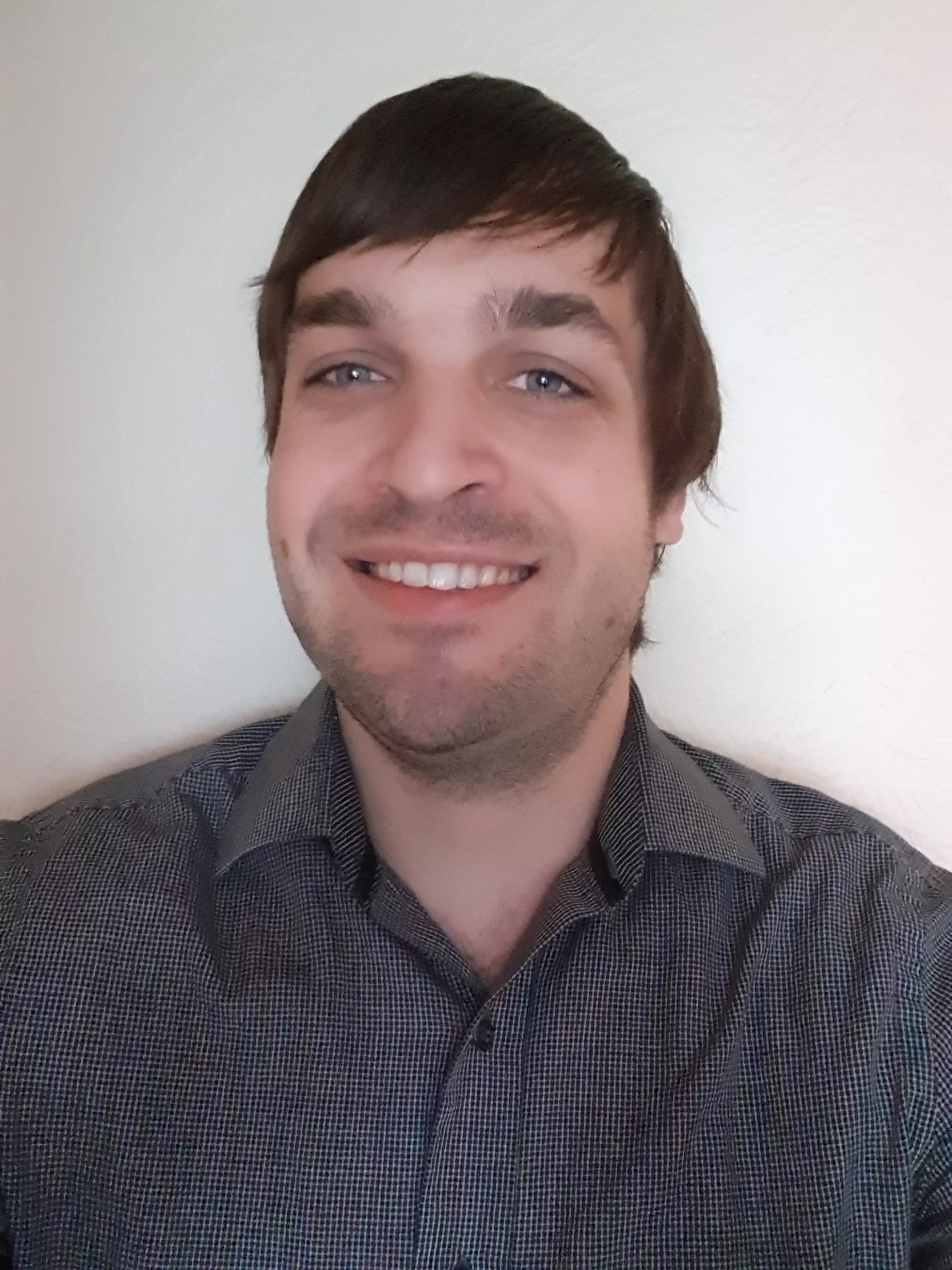
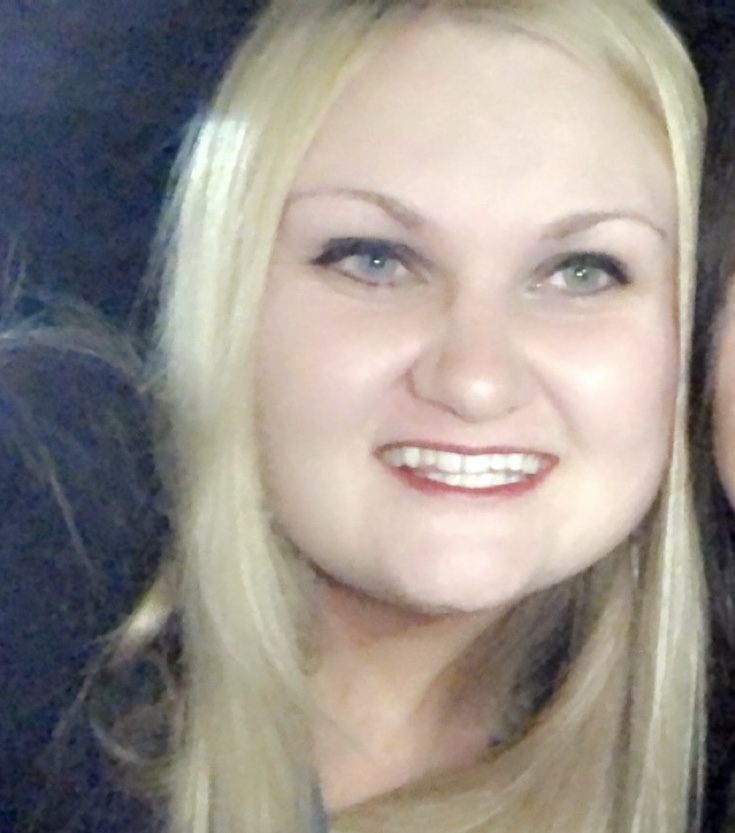
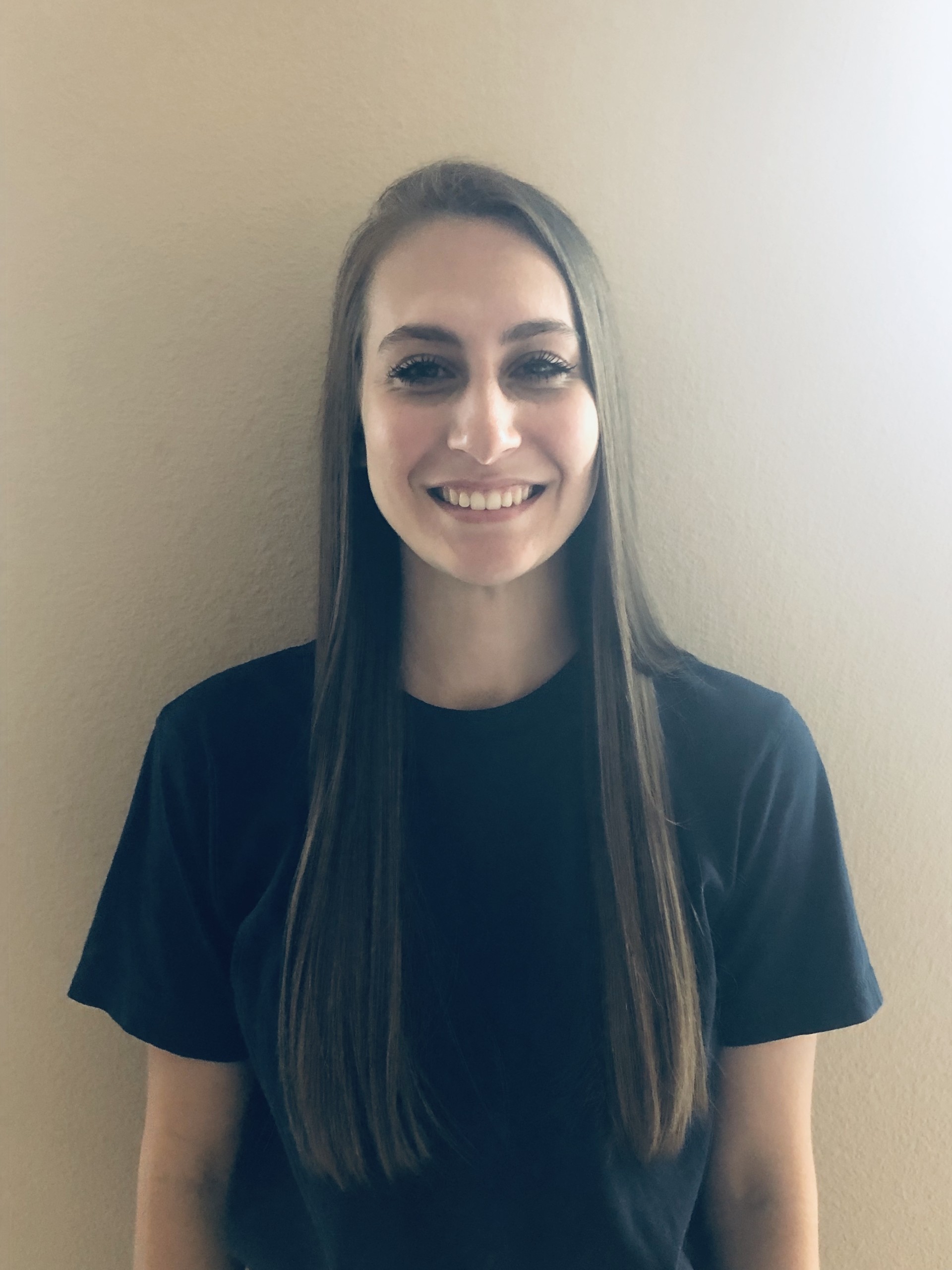
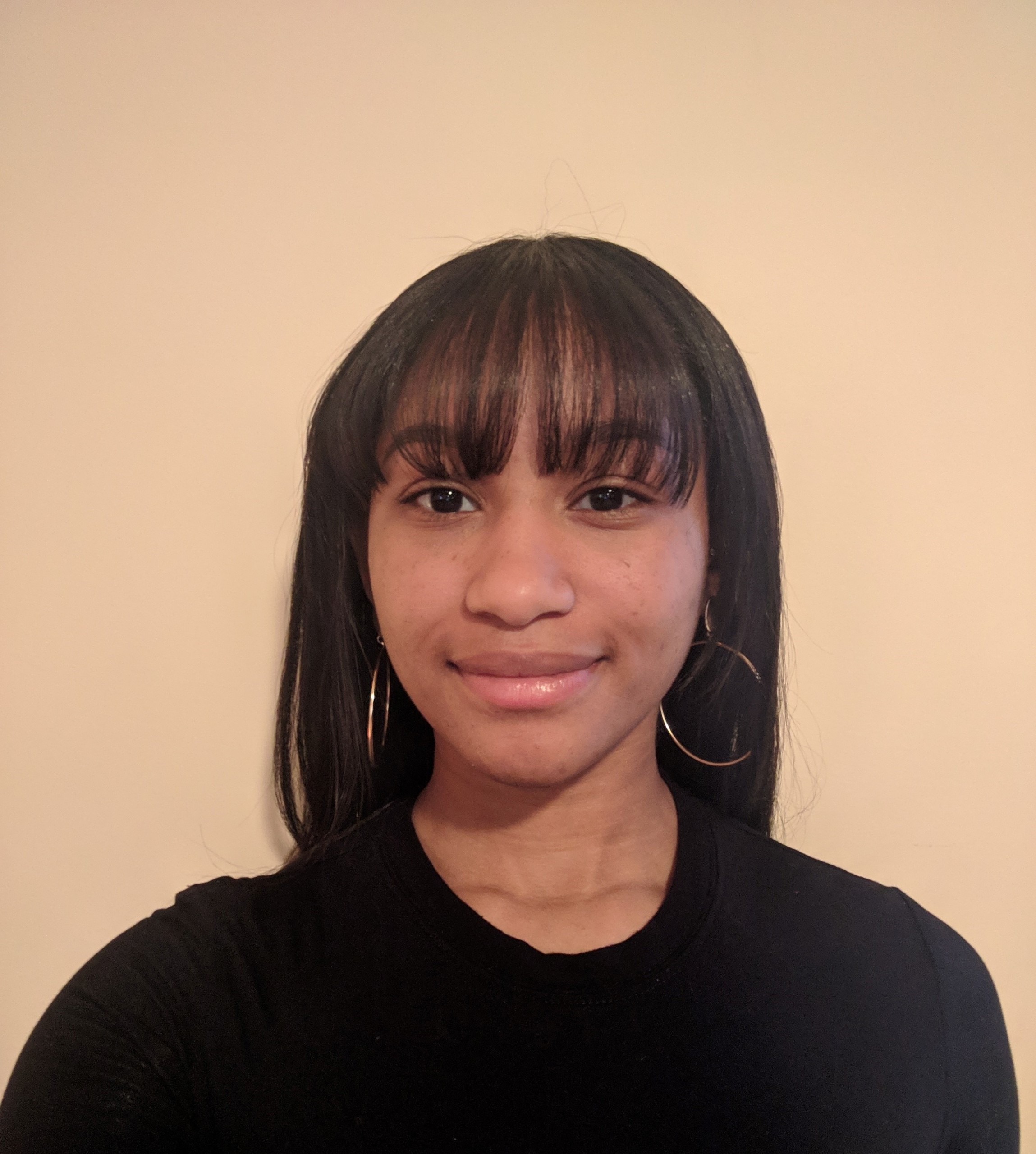
Leave A Comment